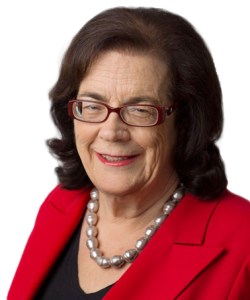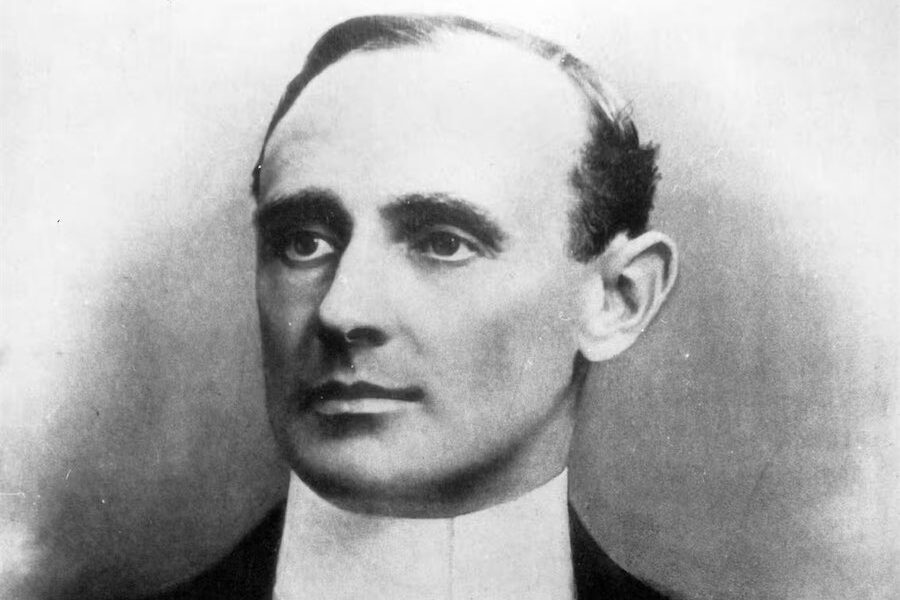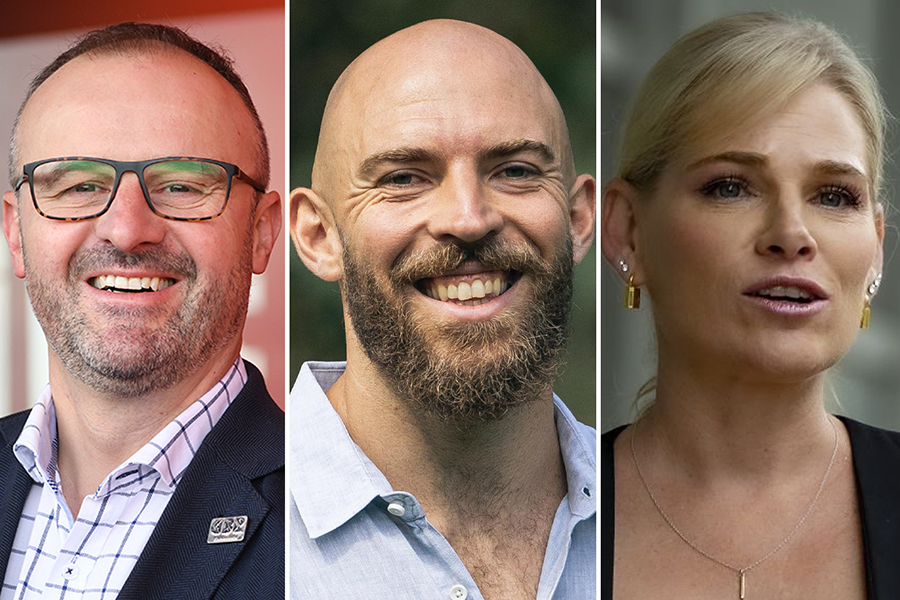CROSSBENCHERS have issued a list of demands on the anti-corruption commission and say they “won’t be rushed” to a vote, ahead of the much-anticipated legislation being introduced into parliament this week, writes MICHELLE GRATTAN.

THE government aims to have the commission – one of its signature election policies – approved by parliament by the end of the year. There will be a brief parliamentary inquiry.
It will go to caucus on Tuesday (September 27) and be introduced by the Attorney-General Mark Dreyfus on Wednesday. Anthony Albanese aims to arrive back from the funeral of the former Japanese prime minister Shinzo Abe in time to be present for the introduction.
While Labor has the numbers in the lower house, it would need one additional vote beyond the Greens if the opposition opposed the legislation in the Senate.
What position the Coalition will adopt is not yet known. Opposition leader Peter Dutton last week reiterated his support for an anti-corruption commission and said the opposition would continue discussions with the government, while also warning about the risks of “show trials” and false allegations damaging people.
Opposition finance spokeswoman Jane Hume said on Sunday there were unanswered questions about the government’s model. “If you get an ICAC wrong it will actually deter good people from entering public life. That would be a disaster,” she told the ABC.
In their statement the 15 crossbenchers from both houses urge a range of features to ensure the body has sharp enough teeth and that there are adequate protections for it.
They want
- a whistleblower protection commissioner to safeguard those calling out corruption
- statutory oversight mechanisms to protect the commission’s independence
- budgetary protection, independence and funding transparency
- the ability for “own-motion” investigations into so-called “grey corruption” (where the commission would be able to undertake inquiries into dubious Commonwealth processes such as discretionary grants programs)
- funding for pro-integrity measures including prevention and education
- jurisdiction over third parties who seek to improperly influence government decisions and funding.
The signatories from the House of Representatives include Greens leader Adam Bandt, the six newly-elected teals, Bob Katter, Dai Le, Zali Steggall, Rebekha Sharkie, Andrew Wilkie and Helen Haines.
Haines, the member for Indi, has been a leading figure in the push for an integrity commission, bringing forward a private member’s bill during the last term.
Two senators signed the statement – Greens David Shoebridge and independent David Pocock.
While the bill will not contain the whistleblower protections, Dreyfus is expected to give an assurance in his speech that this will be addressed in separate legislation.
The crossbenchers said: “We have worked constructively with the government in consultations on the bill and intend to continue in that manner.
“We won’t delay the process for political games or point scoring, but won’t be rushed to vote in favour of a bill that doesn’t make the grade.
“We want to ensure the commission is properly set up to do the job it needs to do, and is given the supporting infrastructure necessary to ensure its success in the future.”
They said the points in their list had already been raised with the government. “They are not minor issues, but based on the lessons from integrity bodies in other states and territories, and from experts who have worked on these issues for many years.”![]()
Michelle Grattan, Professorial Fellow, University of Canberra. This article is republished from The Conversation.
Who can be trusted?
In a world of spin and confusion, there’s never been a more important time to support independent journalism in Canberra.
If you trust our work online and want to enforce the power of independent voices, I invite you to make a small contribution.
Every dollar of support is invested back into our journalism to help keep citynews.com.au strong and free.
Thank you,
Ian Meikle, editor




Leave a Reply